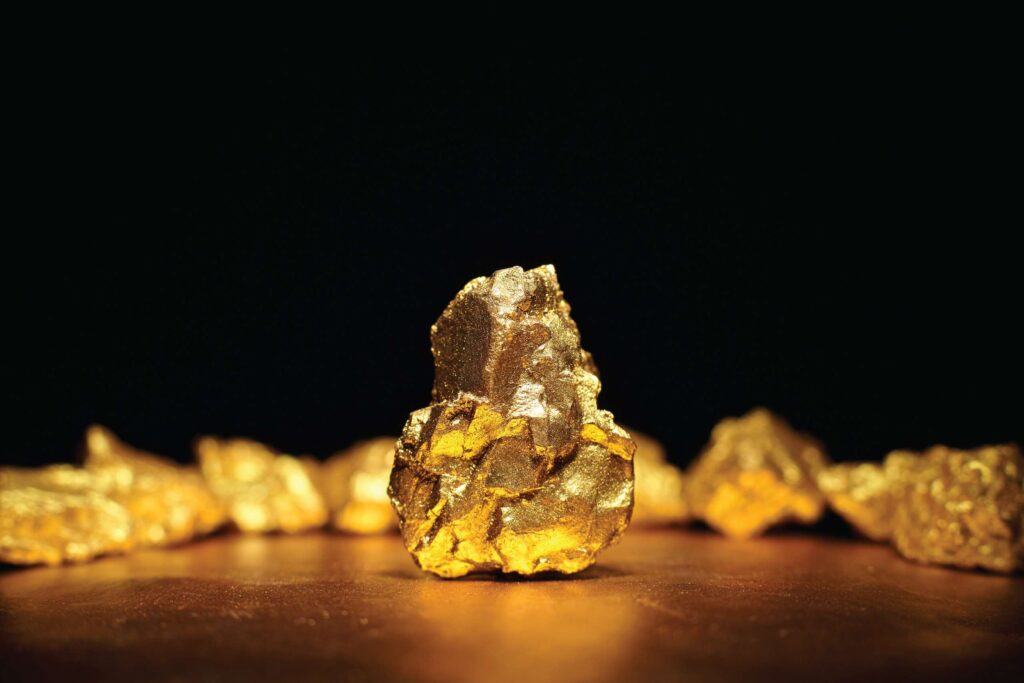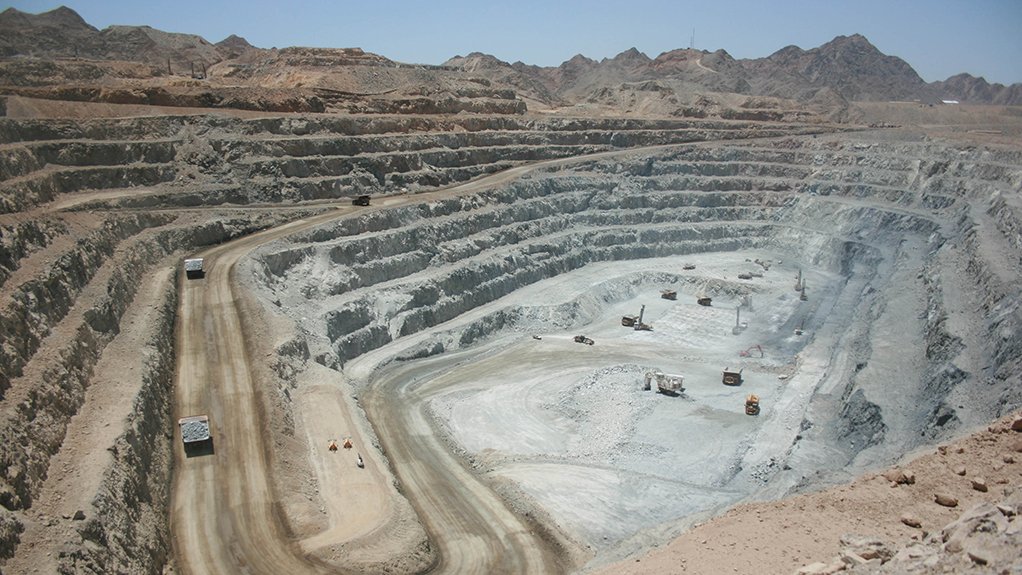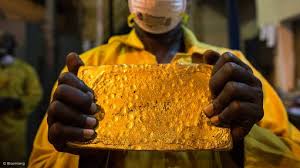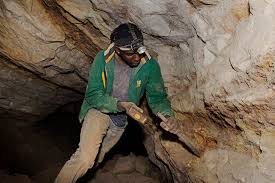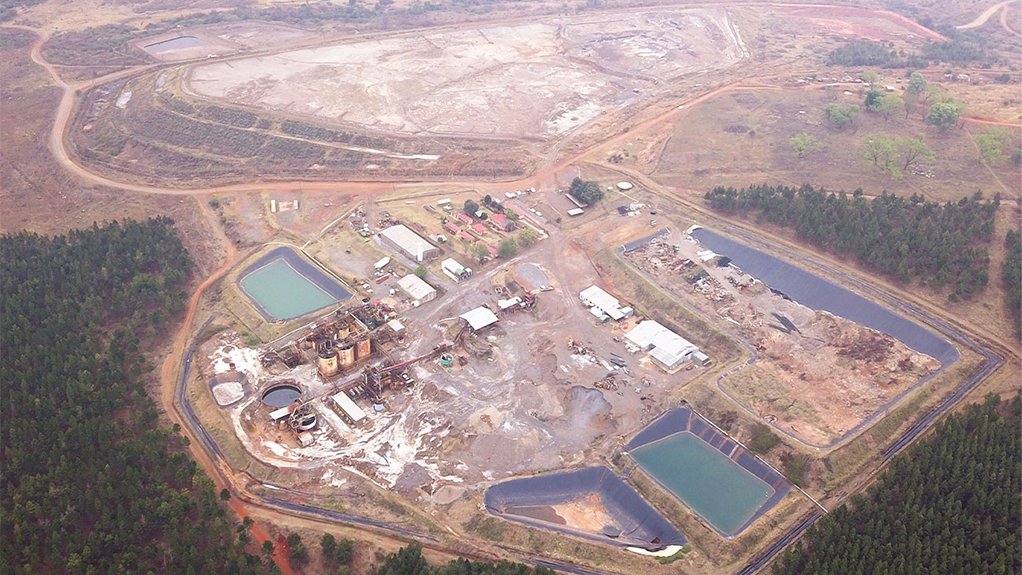Precious Metals

Three Gold Miners Accept Mali’s New Mining Code Amid Sector Shake-Up
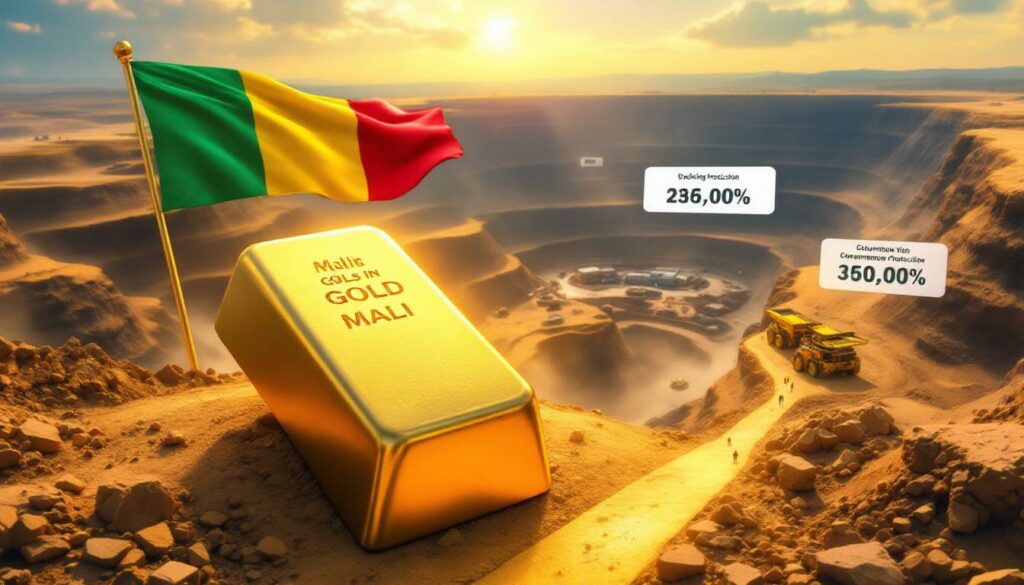
Three gold producers, including London-listed Endeavour Mining (EDV.L), have agreed to operate under Mali’s controversial new mining code, ending a prolonged standoff that has disrupted the country’s gold sector.
Malian Finance Minister Alousseni Sanou and the Minister of Mines announced in a televised address that Somika SA (80% owned by Endeavour and 20% by the Malian government), Faboula Gold, and Bagama Mining have signed a memorandum of understanding to adopt the revised mining framework. The details of the agreements were not disclosed.
The revised mining law, introduced in August 2023, seeks to increase government revenue through higher taxes and expanded state ownership in mining ventures.
While aimed at advancing resource sovereignty and national development, the law sparked strong resistance from mining companies and has been linked to a 23% decline in gold production in 2024, falling to 51 metric tons.
Although the three companies represent a relatively small portion of Mali’s total output, their compliance is viewed as a breakthrough.
Faboula Gold and Bagama Mining began small-scale production in 2021, each producing around 500 kg annually, while Somika’s Kalana project has yet to start operations.
Somika Director Abdoul Aziz confirmed that mine construction will begin within six months, with production expected 18 months later.
The Kalana mine is projected to have a 10-year lifespan, generating approximately 135 billion CFA francs ($238.9 million) in annual revenue.
Faboula and Bagama are expected to operate for five years each, with projected annual revenues of 75 billion CFA francs and 50 billion CFA francs, respectively. Each mine is anticipated to create around 2,000 jobs.
Meanwhile, Barrick Gold (ABX.TO), Mali’s largest gold producer, remains locked in a legal dispute with the government.
In January 2025, Barrick halted operations at its flagship Loulo-Gounkoto complex after the government seized gold reserves stored on-site.
The site, run by Barrick’s local subsidiary, previously accounted for 15% of the company’s global output.
Barrick has since filed for international arbitration with the World Bank’s International Centre for Settlement of Investment Disputes (ICSID).
In a broader push for control, the Malian state also finalized its takeover of the Yatela and Morila mines last month—both previously abandoned by foreign investors.
Despite remaining one of Africa’s top gold producers, regulatory uncertainty continues to weigh on investor confidence and overall production.
The recent agreements could signal a turning point, though broader tensions in the sector persist.




